Google's latest encounter with EU regulators isn't just another tech fine story; it's a $3.5 billion wake-up call that could reshape the entire digital advertising landscape. The European Commission hit Google with a €2.95 billion penalty for abusing its dominant position in the advertising technology industry, marking the fourth antitrust fine for the tech giant. The move follows a formal investigation that opened in June 2021, which examined whether Google violated competition rules by favoring its own online display advertising technology services at the expense of rivals.
What makes this ruling land with extra force is the commission's demand for structural changes to Google's business operations. Beyond the massive financial penalty, the European Commission ordered the company to end its "self-preferencing practices" within 60 days and potentially face asset divestiture, a threat to the advertising empire that generates over $264.6 billion annually for Google's parent company, Alphabet.
What this means for the future of digital advertising
The key takeaway is that 2025 could be the year when big tech's dominance finally faced real disruption. For marketers, the long era of stability is ending, and a more fragmented, competitive market is arriving fast.
If you're a marketer, this ruling should make you pause. The habit of relying on Google's integrated ecosystem is now a risk. Smart teams are already testing independent ad tech platforms, direct publisher deals, and emerging programmatic tools that could plug gaps if Google is forced to sell key assets.
For publishers, especially news organizations watching revenues slide, this is the first regulatory intervention in years that might restore balance. If Google unbundles its adtech stack, specialized competitors could step in with better rates and clearer pricing.
The implications reach into the internet's plumbing. Google's antitrust woes reflect a broader reckoning with concentrated power in digital markets that shapes not just ad prices, but which information gets funded, distributed, and consumed online.
This regulatory pressure is already speeding up work on privacy focused ad tech, alternative monetization for publishers, and transparent programmatic platforms that could compete if Google's integrated advantages are dismantled. The challenge is managing the transition without breaking the model that has paid for so much free content.
For Big Tech, the path forward hinges on navigating a regulatory maze while preserving the innovation and efficiency that once justified their scale. The question is not whether Google can adapt to tighter rules, it is whether digital advertising can stay functional while becoming more competitive and transparent.
As this transformation unfolds over the coming months, everyone in the ecosystem, from individual creators to multinational advertisers, should brace for a market where no single company controls the entire value chain. Whether consumers, publishers, and advertisers end up better off will depend on how quickly real competition takes root after these interventions.




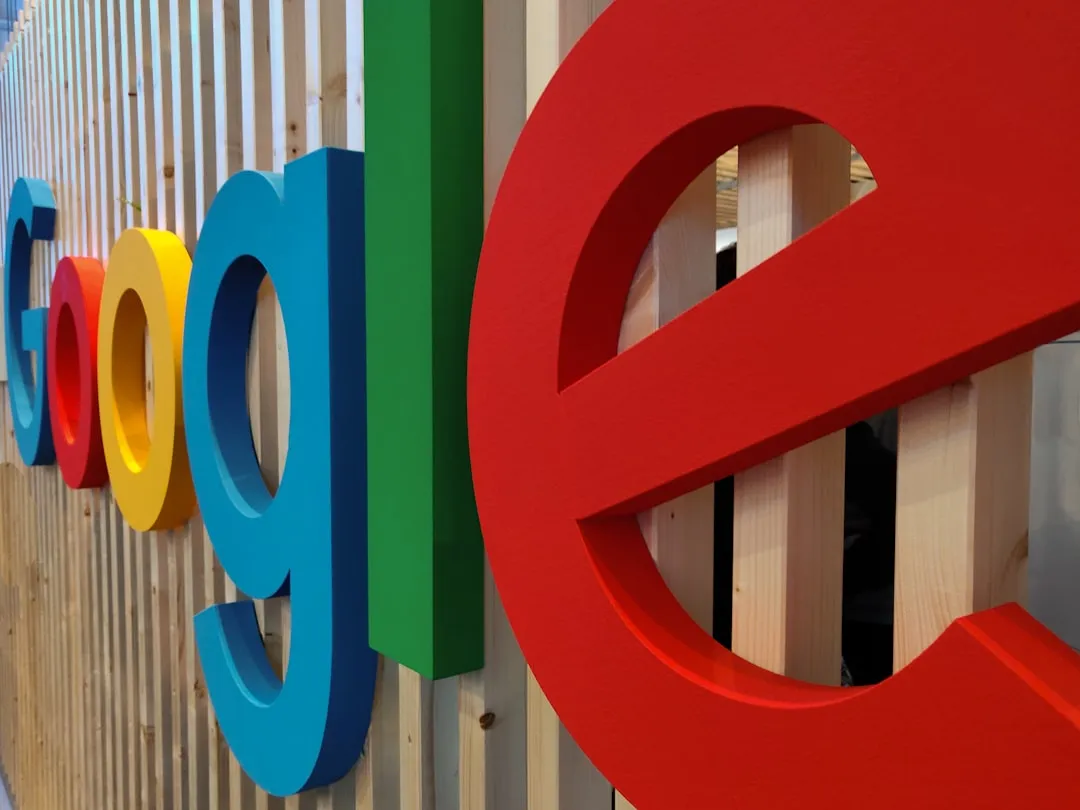










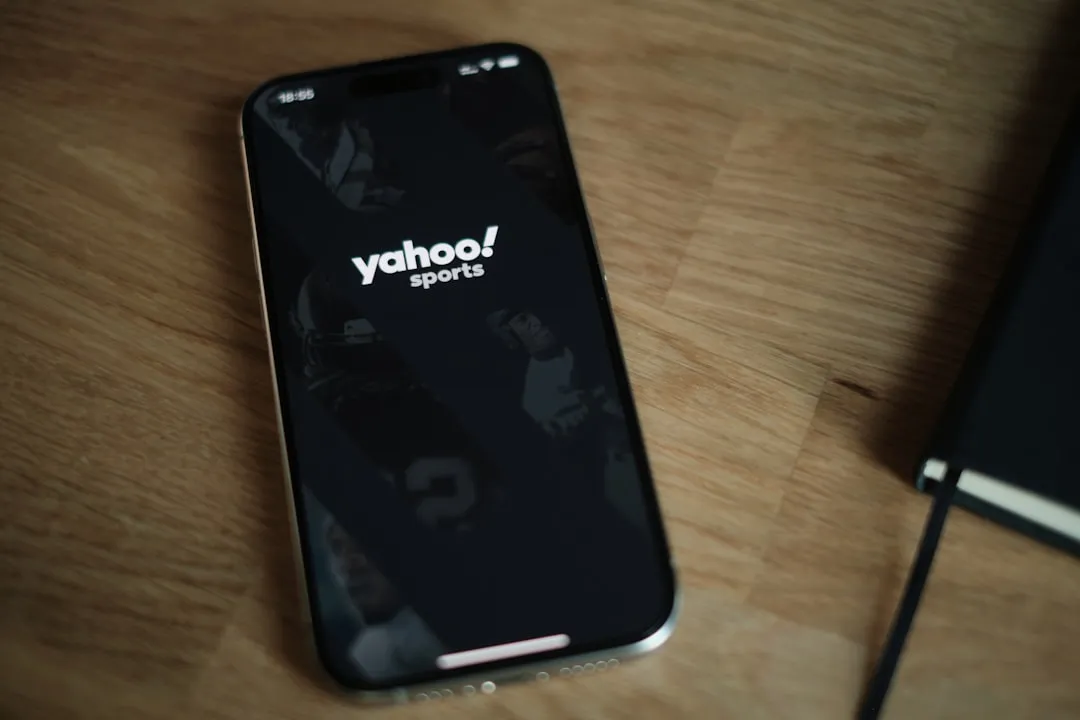
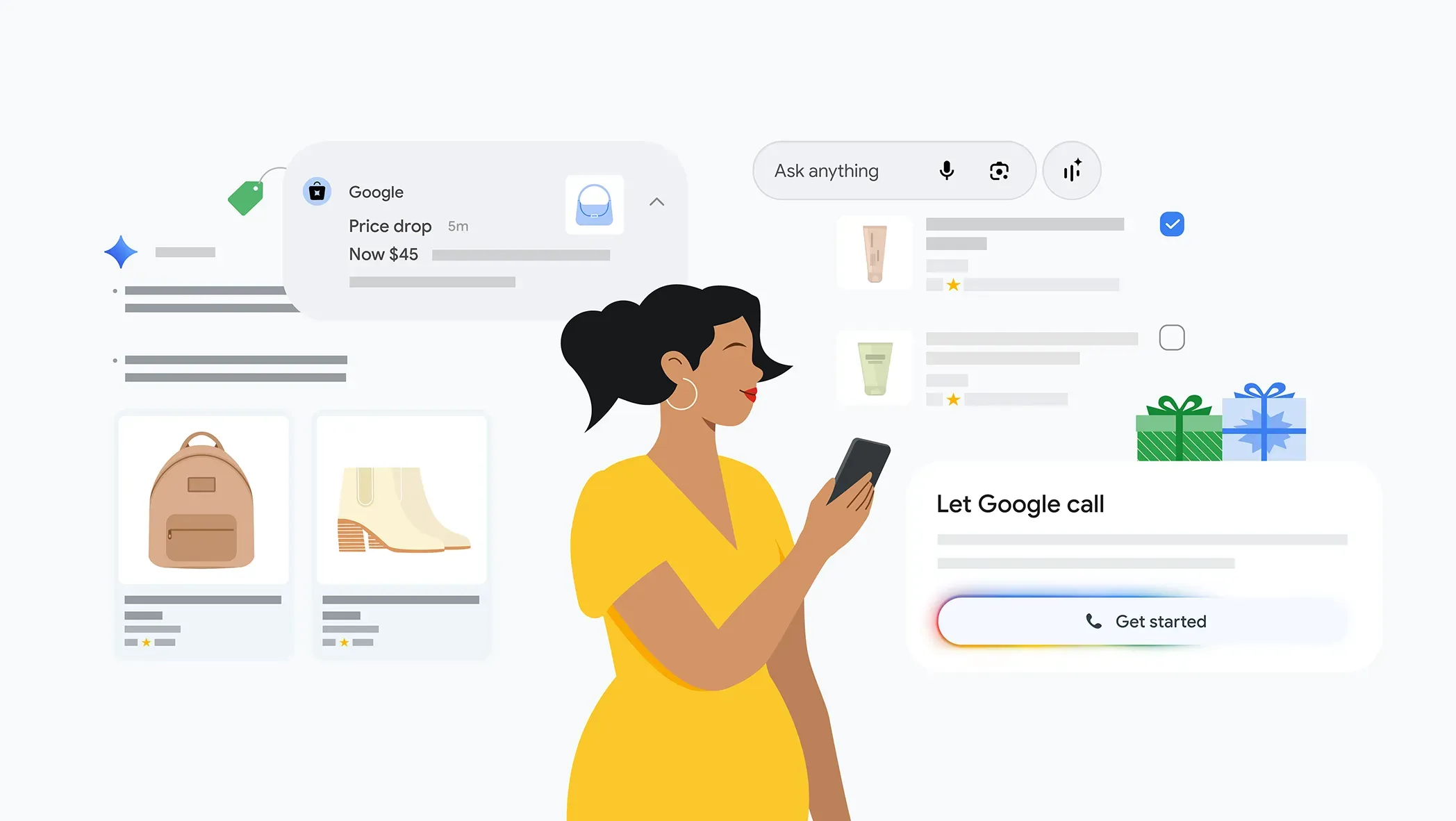
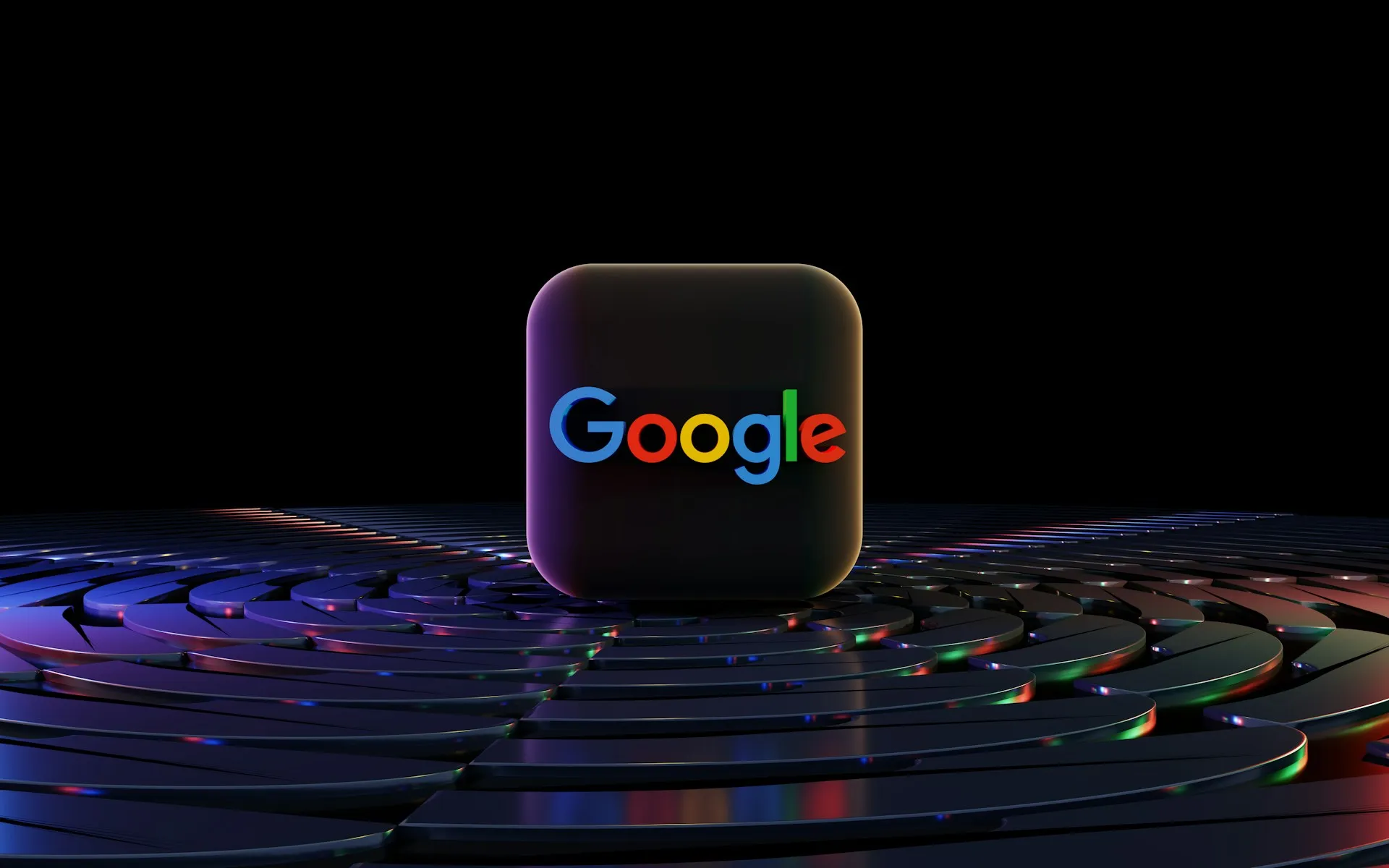
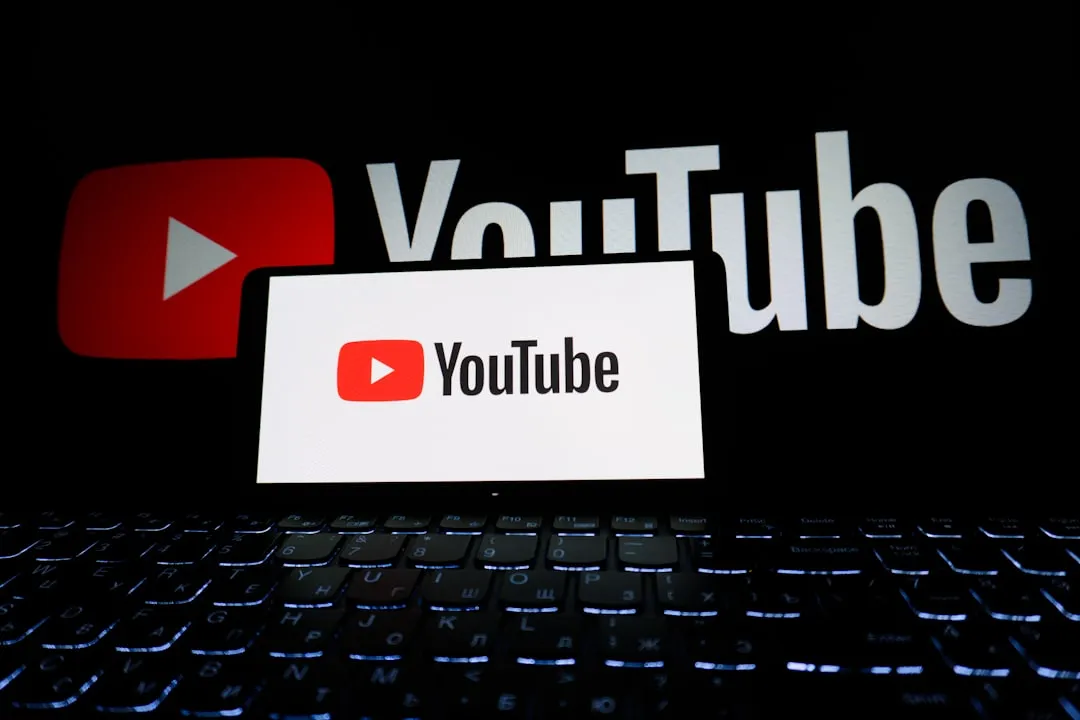

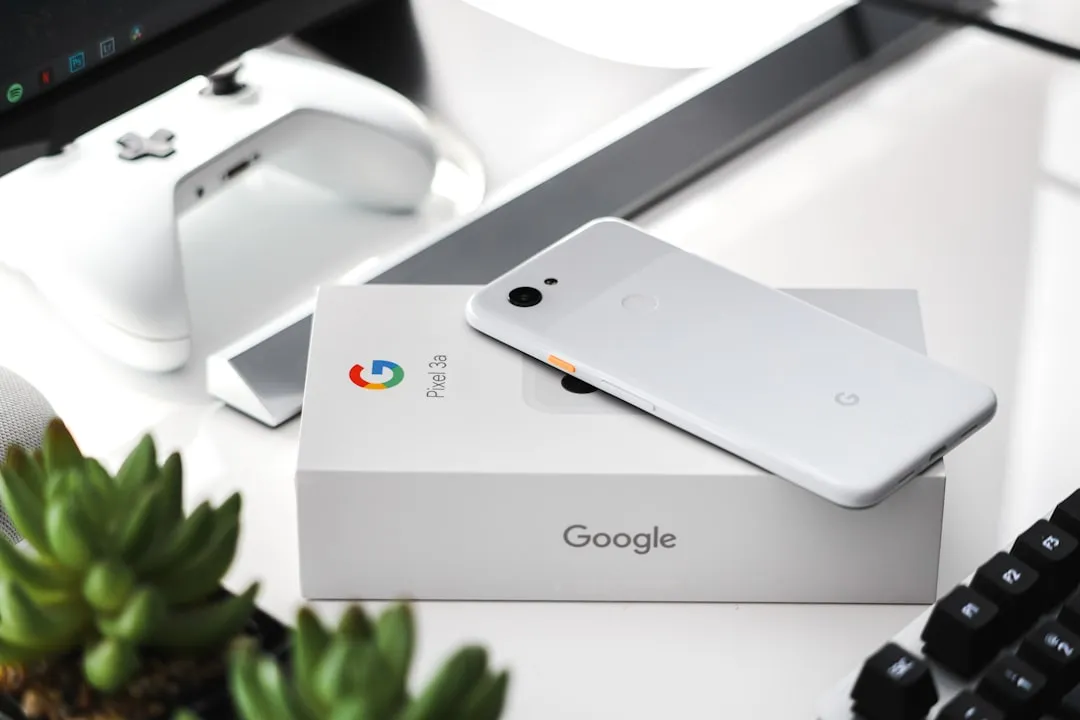


Comments
Be the first, drop a comment!